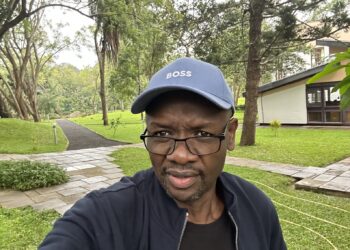The world knew Peter Kamalingin as a visionary leader, but to me, he was simply “Maam” – a man whose booming voice could shake a room while his quiet wisdom could still a restless heart. (Maam is a Kupsabiny word for maternal uncle.) His above-average height and distinct voice might have filled a space, but up close, the warm, affectionate smile on his face captured souls. As a matter of fact, everything about him reminded me of Guugo – my grandfather. I am profoundly honoured to write my reflections following his demise in India, the news of which reached me last week on 9th June 2025.
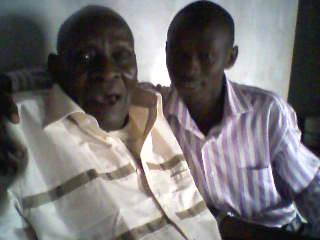
Uncle Peter was a man of extraordinary intellect and boundless vision. His mind teemed with ideas for empowering individuals, uplifting communities, and transforming societies, from our local villages in Kween to the global stage. He lived with an unshakable belief in the power of education and mentorship. It was his wisdom that guided me toward my Master’s in Human Rights and Local Governance, and his influence that shaped my understanding of justice, dignity, and service.
Those who knew him will remember his “signature” gaze over his spectacles—not in judgment, but with unrivalled attention, absorbing every word to find its value. Behind those frames rested eyes that saw not just what was, but what could be; in people, in communities, and our beloved Africa. While many found his habit of looking over to be intimidating, it wouldn’t be long before they realized it was simply his way of active listening. If your words resonated, he would nod and urge you on with an inquisitive “Yes.” If they wandered, you would be in for a heavy dose of profound insights, often woven in lessons and illustrations from grassroots experiences. Regardless, no conversation with Uncle Peter ever ended without wisdom—his was a mind that could find the extraordinary in ordinary discourse.

Our last conversation remains etched in my memory. He spoke passionately about the women in our villages walking miles to gather firewood, only to earn pennies for their labor. “But if they planted trees instead,” he insisted, his eyes alight with conviction, “their work would sustain them, not drain them.” That was Peter: a practical visionary who could spot solutions where others saw only struggle. Even in that moment, as he prepared for a medical procedure, his courage shone through. “It’s just a procedure the doctors need to complete,” he assured us with characteristic optimism. “Be strong.” We escorted him to the airport that day, believing we would celebrate his return by Christmas. God, however, in whom we unanimously believed and prayed to on that day, had his departure already planned.
His passing has left a void no words can fill. Though I saw him off on his last days alive on African soil last November, I am now miles away, across the Atlantic and unable to lay him to rest. This grief feels hauntingly familiar—in 2013, I missed the burial of his father, my grandfather Stanley Kamalingin, who lived to the remarkable age of 113. I was also absent when we laid Grandma to rest, along with Grandpa’s sisters, that extraordinary “pedigree” of centenarians whose lives Peter chronicled with such pride, ensuring that each received a dignified farewell; a tradition I now mourn being unable to uphold for him.
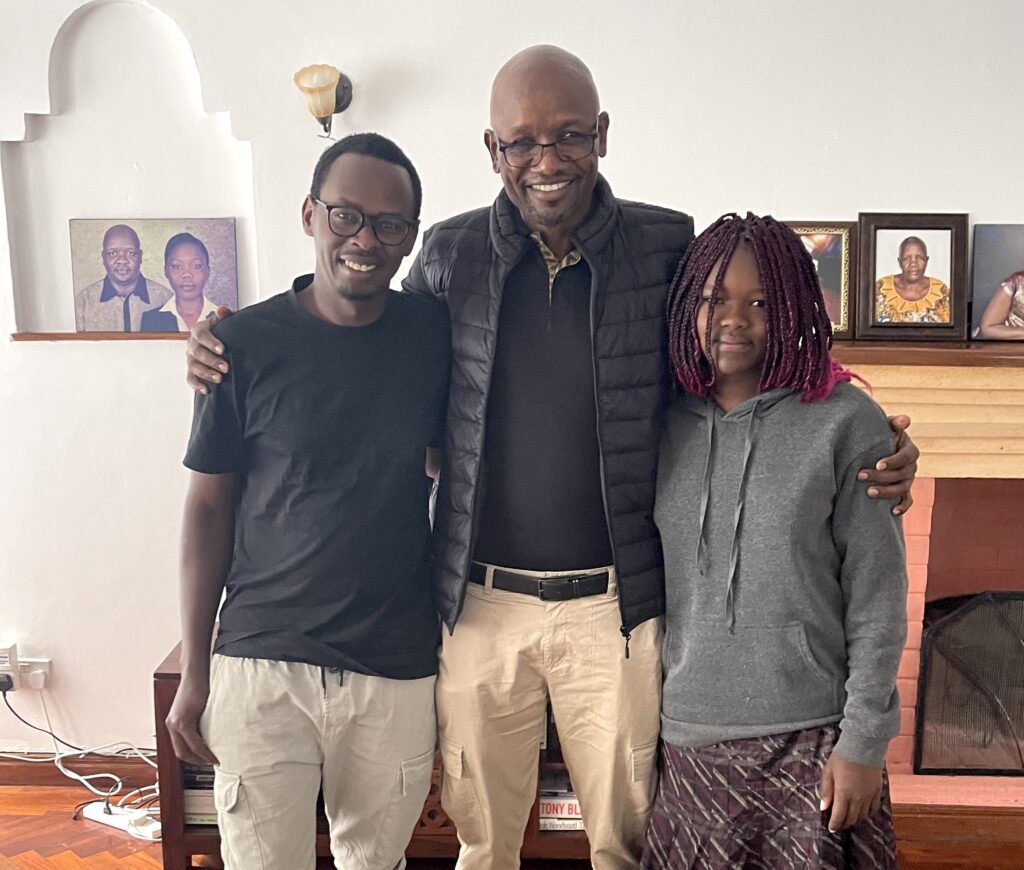
In his early 50s, Peter did not manage to live half his father’s years, but his impact was immeasurable. As @Winnie_Byanyima so eloquently expressed, “Peter sparked visionary conversations, lit up rooms with laughter, and held up a mirror to our collective failings. A gifted, humble, principled leader—you made your mark in this troubled region.” His was a life lived at the intersection of fierce intellect and profound compassion, where grand ideas about transforming societies met the simple, daily acts of listening deeply and loving without measure.
Among his many lessons, one stands out with particular clarity. When he learned of my plans to marry in 2017, he called with advice I’ll never forget: “There’s a girl who’ll make a great girlfriend, and there’s a girl who’ll make a great wife. If you know the difference, you’ll understand that the first rarely becomes the second. This is a lifetime commitment. Be careful, nno maam!” His words, like his life, were a perfect blend of tough truth and tender love.
As @OmadiHenry perceptively noted, “You accomplished so much for humanity, and yet humility remained your tag.” From the way he championed women’s dignity through sustainable solutions to how he mentored young minds with equal parts challenge and encouragement, Peter embodied that rare alchemy of strength and gentleness that changes lives permanently.
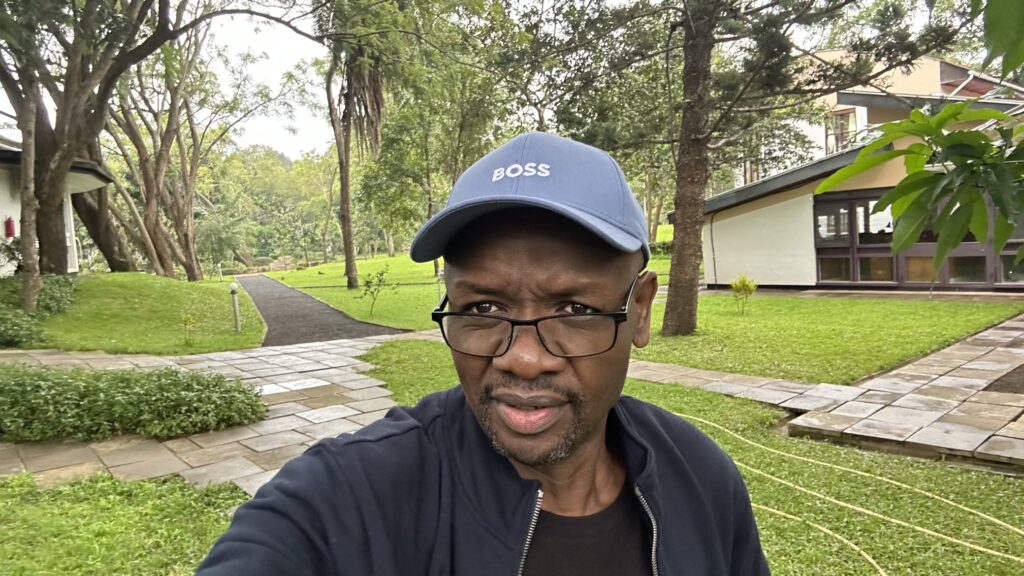
Unlike many who travel and become enamored with the world’s luxuries, Peter’s global exposure did not overshadow his deep-rooted African traditions. Though he imported a Land Rover from the UK and preseved his Mercedes for almost 10 years, his heart remained tied to simpler joys: he slept in grass-thatched huts (one of which has been his Facebook profile picture since 2017), reared livestock and bees, and took pride in Kalenjin cuisine as a staple in his home. Even in modernity, he honored heritage, guiding the younger generation through a blended rite of passage that bridged contemporary life, cultural wisdom, and the Christian faith, ensuring a meaningful and grounded transition to manhood.
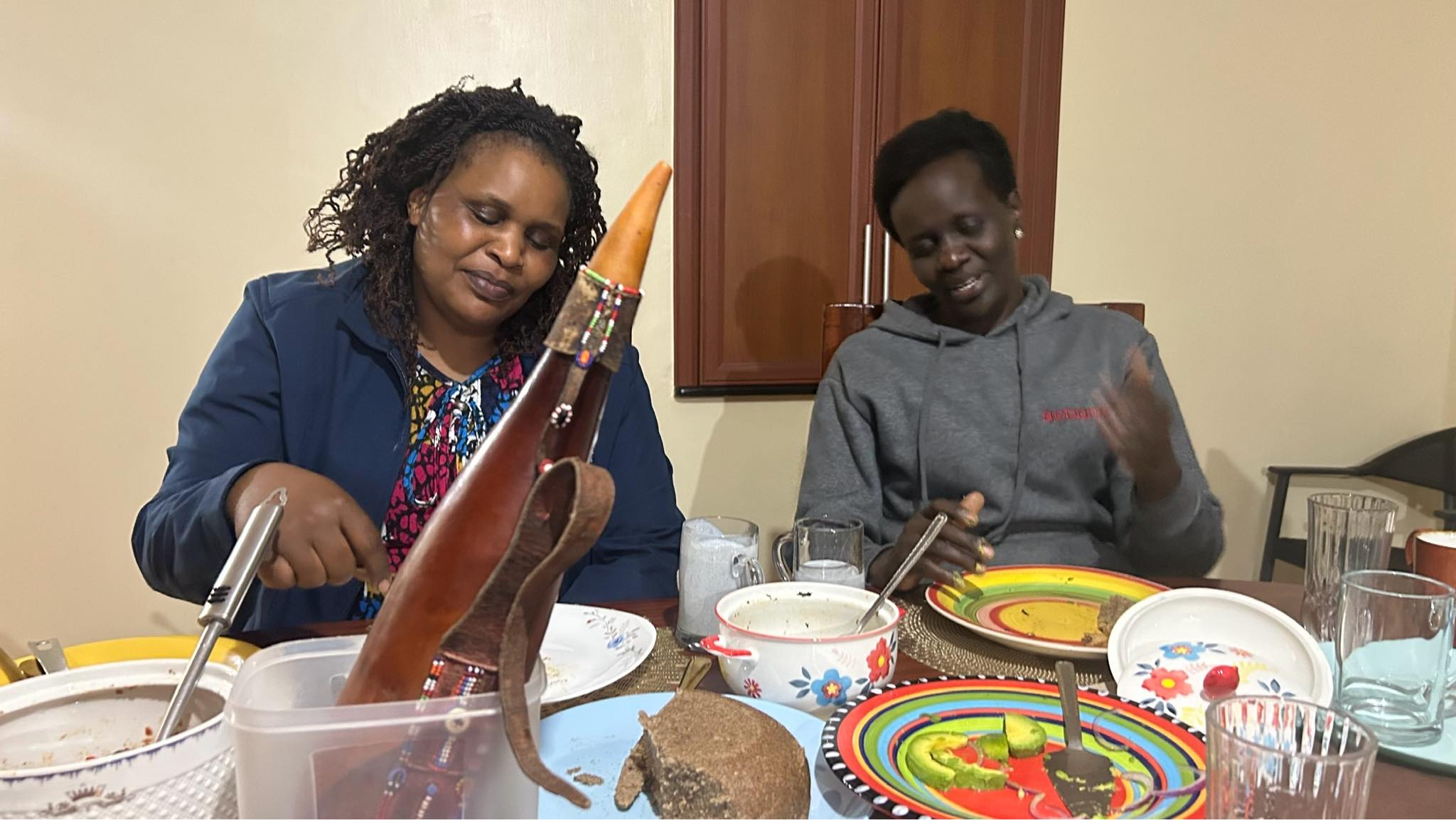
He leaves behind a loving wife, a radiant daughter, and two remarkable sons—one bearing an uncanny resemblance to my son. Though he is gone, the Kamalingin legacy will continue to live on through us, our children, and through the countless lives he touched across continents. Our hearts are heavy, but we find solace in the challenge he left us: to listen deeply, act justly, and plant seeds of trees, of ideas, and of change. The greatest tribute we can offer is to live out the lessons he taught us – to plant trees whose shade we’ll never enjoy, to build bridges we may never cross, and to love in ways that outlast our earthly days.
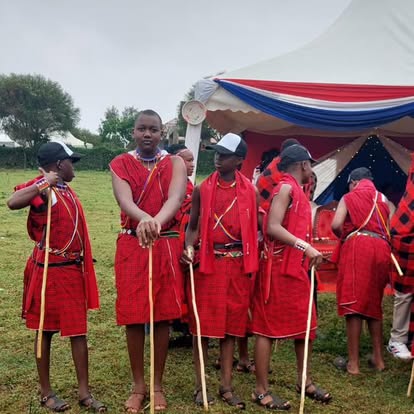
Rest well, Uncle Peter. Your light continues to guide us, your laughter still echoes in our memories, and your vision remains our compass.















